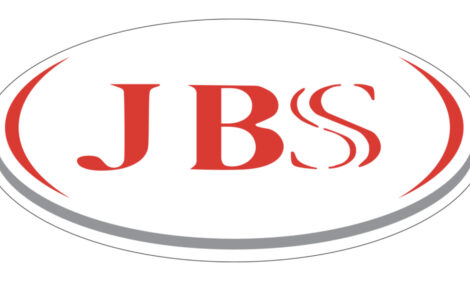



Food Label Terminology
US - Definitions of some terms commonly used on food labels, aimed at consumers.Newsday offers the following explanations.
Natural, All Natural
Calling a food "natural" is rather faint praise. The USDA defines natural meat and poultry as "minimally processed" and containing no artificial ingredients, flavouring, colour or preservatives.
Humanely Raised
In theory, a humanely raised animal has been allowed to engage in natural behaviors, has had sufficient space, shelter and gentle handling to limit stress, and eats a healthful diet without added antibiotics or hormones. But unless a third-party (such as Humane Farm Animal Care) has certified such treatment, you have to trust the producer.
Organic, Certified Organic
Organic fruits and vegetables are grown without most conventional pesticides, synthetic fertilizers, bioengineering or radiation. Organic meat, poultry, eggs and dairy products come from animals that are fed only organic grain, fruits and vegetables and have been given no antibiotics or growth hormones. "Certified organic" means the food in question has been inspected and approved as organic by the USDA. Bear in mind that obtaining organic certification is expensive and some smaller farms adhere to organic practices without getting certified.
Antibiotic-Free, Hormone-Free
Antibiotics keep farm animals from succumbing to bacterial infection, but they thereby end up in our food supply; thus consumers can look for antibiotic-free meat, poultry, eggs and dairy products. While the USDA does not permit farmers to treat poultry with hormones, i.e. all poultry and poultry products are hormone-free), hormones are commonly given to cattle to stimulate milk production and weight gain. Hormone-free beef is from cattle that have not been given artificial hormones.
Wild, Wild-Caught, Line-Caught
Pacific salmon, tuna, halibut and fluke - to name just a few - are fish that live only in the wild and must be caught (or wild-caught) to be eaten. Catching fish with nets can be destructive, not only to the intended catch, but to other fish that wander in and become "bycatch." Line-caught fish are caught not in nets, but with fishing lines, a more sustainable practice.
Farm-Raised
Atlantic salmon, tilapia, catfish and trout are almost always farmed-raised in captivity and fed an artificial diet. Striped bass and branzino are two fish that can be either wild or farmed.








